- 3938
- 0
Sharing Ideas and Updates on LPG in Nigeria and related information to enable effective collaboration within the LPG Value Chain
LPG Experts Call For The Nigerian Government To Deepen Domestic LPG Market

The Nigerian government must provide the right policy environment to deepen the domestic liquefied natural gas (LPG) market to make cooking gas accessible to many Nigerians, an expert has said.
Nobert Shialsuk, an oil and gas policy expert, disclosed this at a virtual programme tagged Nigerian local gas off-take round table. Mr Shialsuk, who serves as the Executive Director of Brio Resource Technologies, said the LPG market in Nigeria has grown in the last 5 to 10 years since the Nigerian Liquefied Natural Gas (NLNG) - domestic gas (DOMGAS) scheme started in 2007.
He noted that there has been moderate growth in recent years as the LPG market grew by 15 – 20 per cent in this period making it one of the fastest-growing markets in the world. This, he said, was achieved through collaboration between the NLNG, the private sector, the Nigerian Liquefied Petroleum Gas Association (NLPGA), and a consortium of local off-takers.
“As a result, Nigeria moved from 50, 000 tonnes in 2007 to about 1 million tonnes in 2020 and 1.30 million tonnes in 2021. “But things seem to have changed as it is now 846, 000 tonnes in terms of market size year-to-date in 2022. We have lost about 500, 000 tonnes,” Mr Shialsuk said.
According to him, the country needs to ask the hard question at this point and fix its broken market. He noted that it is critical to make cooking gas accessible, affordable, and available to consumers in the country because it is cleaner, promotes health, is environment friendly, and abundant in Nigeria. “This is what obtains in other liquefied gas-producing countries, there is a need for the federal government to provide infrastructure in this regard,” he said.
According to him, there have been many challenges with the LPG market in the country, among which is the lack of coordination on the part of the government. “Over the past one to one and half years, there have been high prices of the commodity in the market.
“This has been a result of many things: importers at some point stopped importing LPG, which led to a prolonged period of scarcity, and along the line, you had the devaluation of the naira and this compounded the issues.”
Policy Direction
He argued that every policy should be progressive and the government must consider a period of implementation and impact for any policy to be effective.
“There are not enough cylinders in the market. Part of the programme the government plans to roll out under the gas expansion programme was to address the issue of cylinders and I believe that this is where the government should have focused attention,” he said.
“But the re-introduction of taxes on importers basically makes them stop importing LPG as taxes on LPG equipment meant that no one will import LPG equipment to roll out retail outlets in the country. This is the wrong policy.”
Speaking on the way forward Mr Shialsuk said, “The government should support the sector by ensuring a steady supply of the product into the market, and this will deal with the issue of scarcity and sustained supply.
“Having addressed the issue of availability, the government should have built on this impact to deepen penetration for a market estimated at 3.6m tonnes a year by KPMG in 2015.”
Culled From:
Premium Times.





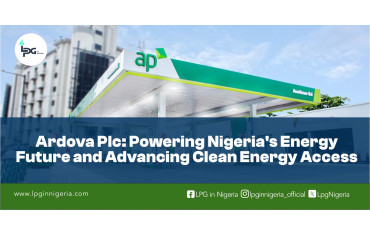
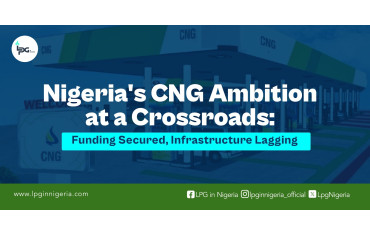
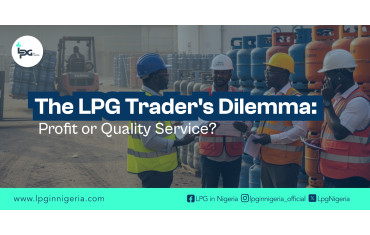

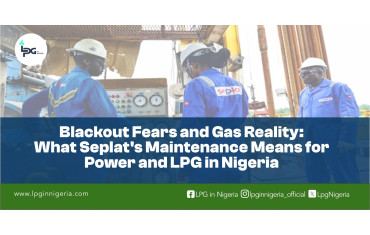
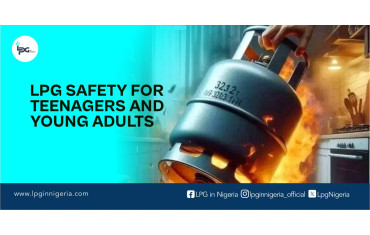





0 Comment.